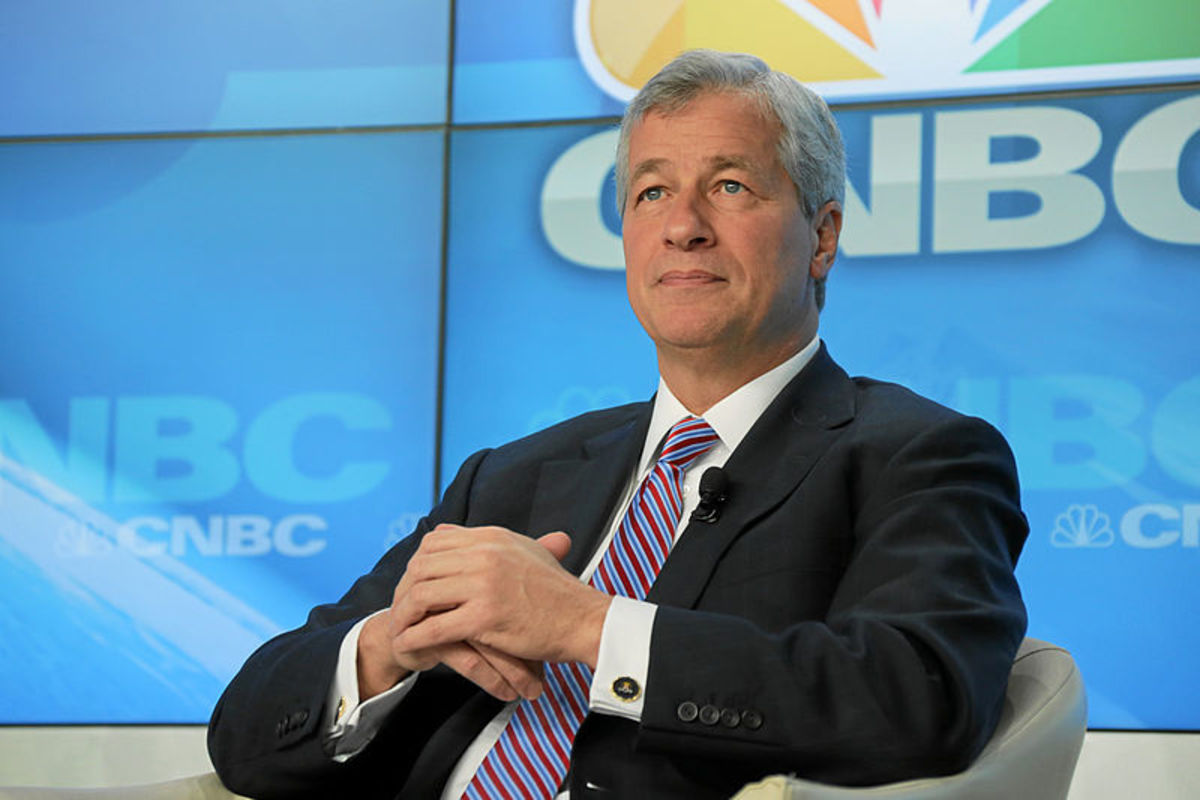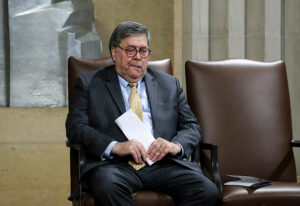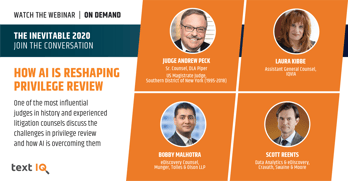“This is Olga. She’s the Paris Hilton of law.”
That was how I was once introduced to a female elected government official at a function. Maybe some people would consider that a compliment, but I sure wouldn’t. At the time I was general counsel of a pre-IPO, Series C start-up of around 500 people. My badge prominently displayed this, and I had a track record that backed it up. Paris Hilton was stereotyped as an exaggerated, larger-than-life celebrity who was “famous for being famous.” While there is obviously a lot more depth to Hilton — when people think of Paris Hilton, they think of her reality show, The Simple Life, and her “That’s hot” catchphrase.
There’s a bigger discussion to be had about how to deal with inappropriate behavior in the workplace. In my situation, I left a very long, awkward pause — giving the person time to think about what he just said. I then began a somewhat dramatic conversation about the weather, but not before slipping in a slight eye roll.
My immediate reaction was that his comment was inappropriate, but according to a colleague of his, he actually held me in high regard and meant it as a compliment. Which leaves us with two issues.
- Making unprofessional comments in a professional environment, and
- A poor understanding as to the nature and execution of compliments
The latter is more of a nonissue and is just a matter of knowledge, clarity, and practice. For example, if he had said that I was to the law profession what Paris Hilton was to the influencer industry, then it would have been more evident what he was trying to communicate.
But the lack of professionalism in ostensibly professional environments is shocking. Some studies have shown that more than 50% of women have experienced harassment in the workplace. This is not about the #MeToo movement. This is how anyone can and should respond to an inappropriate comment.
I posted my Paris Hilton story on my LinkedIn page and had some interesting suggestions as to how I should have responded. Someone even suggested that I should have responded with Hilton’s catchphrase: “That’s hot.” While it may have pointed out how childish he was being, I could have come across as childish as well. Added to that, “That’s hot” has flirty connotations, which was the last thing I wanted to communicate at the moment!
Heavy sarcasm could have avoided that, but that creates a bad first impression and to an extent minimizes the issue.
So, what would I propose as a solution in retrospect?
I think there are several good approaches to take. The most important thing, however, is that you make sure you call them out on it and make them think about what they said. Don’t let them derive any kind of pleasure or attention from it.
I took the silence route at that moment because it felt like the less awkward option — highlighting their mistake and forcing them to dwell on it would have felt uncomfortable for me. But I also could have asked what he meant. If people use an innuendo, then they are cornered into either looking like a fool or explaining what they were insinuating.
At the end of the day, the crux of the matter is that both they and others must be made aware of the unprofessional behavior, but you don’t have to stoop to their level.
How would you handle this comment? Please let me know. I would like to hear from you.
 Olga V. Mack is the CEO of Parley Pro, a next-generation contract management company that has pioneered online negotiation technology. Olga embraces legal innovation and had dedicated her career to improving and shaping the future of law. She is convinced that the legal profession will emerge even stronger, more resilient, and more inclusive than before by embracing technology. Olga is also an award-winning general counsel, operations professional, startup advisor, public speaker, adjunct professor, and entrepreneur. She founded the Women Serve on Boards movement that advocates for women to participate on corporate boards of Fortune 500 companies. She authored Get on Board: Earning Your Ticket to a Corporate Board Seat and Fundamentals of Smart Contract Security. You can follow Olga on Twitter @olgavmack.
Olga V. Mack is the CEO of Parley Pro, a next-generation contract management company that has pioneered online negotiation technology. Olga embraces legal innovation and had dedicated her career to improving and shaping the future of law. She is convinced that the legal profession will emerge even stronger, more resilient, and more inclusive than before by embracing technology. Olga is also an award-winning general counsel, operations professional, startup advisor, public speaker, adjunct professor, and entrepreneur. She founded the Women Serve on Boards movement that advocates for women to participate on corporate boards of Fortune 500 companies. She authored Get on Board: Earning Your Ticket to a Corporate Board Seat and Fundamentals of Smart Contract Security. You can follow Olga on Twitter @olgavmack.











 Kathryn Rubino is a Senior Editor at Above the Law, and host of
Kathryn Rubino is a Senior Editor at Above the Law, and host of 


 Scott Reents of Cravath is one of several industry leaders in Text IQ’s on-demand webinar, which also features Judge Andrew Peck, a longtime U.S. magistrate judge in the Southern District of New York and current senior counsel at DLA Piper; Laura Kibbe, assistant general counsel at IQVIA; and Bobby Malhotra, e-discovery counsel at Munger Tolles & Olson.
Scott Reents of Cravath is one of several industry leaders in Text IQ’s on-demand webinar, which also features Judge Andrew Peck, a longtime U.S. magistrate judge in the Southern District of New York and current senior counsel at DLA Piper; Laura Kibbe, assistant general counsel at IQVIA; and Bobby Malhotra, e-discovery counsel at Munger Tolles & Olson.


